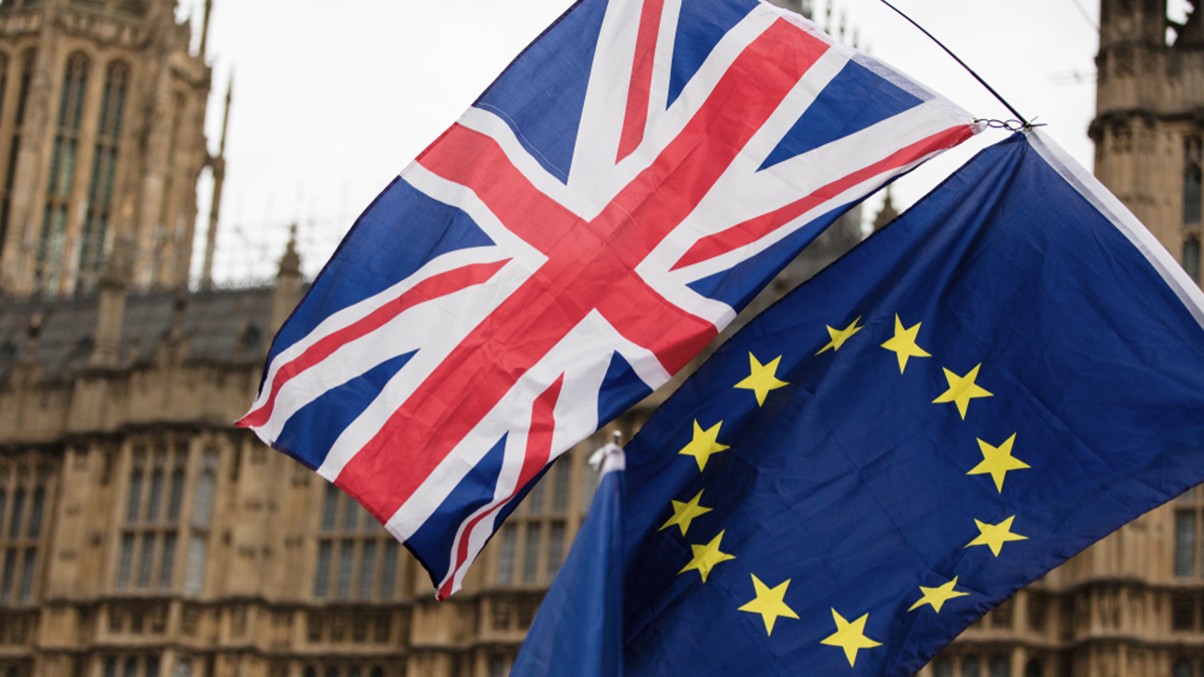Writing for FT Adviser following the FCA’s latest consultation in response to the UK Investment Research Review, Tax Litigation and Resolution partner Giles Salmond outlined some of the remaining confusion surrounding VAT exemption rules and their development post-Brexit.
Many financial services are exempt from VAT, including the management of certain regulated funds such as open-ended investment companies (OIECs) and authorised unit trusts (known as special investment funds or “SIFs”).
Financial services that do not fall within UK VAT legislation for exemptions will be subject to 20% VAT. This cost is often borne by the investor. Investment research, used by asset managers to make investment decisions, is not covered by the VAT exemption and is subject to VAT. However, if the research service is paid for together with and ancillary to a VAT exempt execution service, there is no VAT on the research element as the overall execution service is exempt. Such is the complexity of our VAT system.
Following the implementation of the updated EU Markets in Financial Instruments Directive (known as MiFID II), the VAT liability of investment research came under the spotlight.
The resulting Financial Conduct Authority (FCA) rules, which came into force at the beginning of 2018, prevent UK asset managers from purchasing research with so-called “bundled payments” of research and execution services. That is unless the payment is made from a research payment account (RPA), which requires the asset manager to agree a separate research charge with its clients.
As a result of these 2018 changes, HMRC updated its publicly available internal guidance to assist the investment industry with the VAT treatment of research services. As HMRC was then constrained by UK VAT legislation and EU case law, it was only able to say that research services (adopting the MiFID II definition) were VAT exempt if they were services provided to a fund manager as part of an “outsourced” fund management service of a SIF.
The VAT treatment of investment research services may need to be revisited in light of the ‘Payment Optionality for Investment Research’ consultation launched by the FCA earlier this month (April 2024). This consultation is in response to one of the recommendations of the UK Investment Research Review (“IRR”) published by the independent panel’s chair, Rachel Kent, on 10 July 2023. The chancellor of the exchequer requested this review following the announcement of the so-called ‘Edinburgh Reforms’, designed to make the UK more attractive for investors and the investment industry post-Brexit.
The IRR panel noted that respondents to their call for evidence had concerns about the MiFID II changes, including the imposition of VAT on UK investment research, and that it would be helpful for research services to be VAT-exempt.
The FCA’s latest consultation is in response to the IRR’s second recommendation to “allow additional optionality for paying for investment research”. The FCA acknowledges that the RPA is complex and difficult to use and that larger firms often do not use it as they can either conduct the research in-house or absorb third-party research costs. The IRR found that this model meant third-party commissioned research is less likely to become widely available and may lead to less research being commissioned, particularly in a market downturn.
The FCA proposes to introduce an additional payment option to enable firms, such as asset managers, who wish to buy investment research to use joint (or “bundled”) payments for third-party research and execution services, provided the firm meets certain requirements or “guardrails”.
These guardrails would include firms establishing (amongst other regulatory requirements) a formal policy on the use of the approach, a budget for the amount of third-party research to be purchased, and ongoing assessment of research value and price. The guardrails have been proposed in the light of the IRR’s recommendations, to maintain transparency and sufficient regulatory alignment with competitors in the US and EU so as not to disadvantage the market.
The FCA is asking for comments on its proposals by 5 June 2024. If the proposals are adopted, this additional bundled payment option will not necessarily enable third-party investment research services paid with execution services to become VAT exempt.
Depending upon how the FCA draws up the new rules and how the firms implement them, it may, in some instances, be easier for the VAT exemption to be applied where the research is bought in and can be specifically allocated as part of the management of a SIF, but this will not be straightforward. The FCA’s proposals do not make the VAT position any clearer, which may lead to further uncertainty unless this is addressed by HMRC.
You can find further information regarding our expertise, experience and team on our Tax Litigation and Resolution page.
If you require assistance from our team, please contact us.
Subscribe – In order to receive our news straight to your inbox, subscribe here. Our newsletters are sent no more than once a month.






